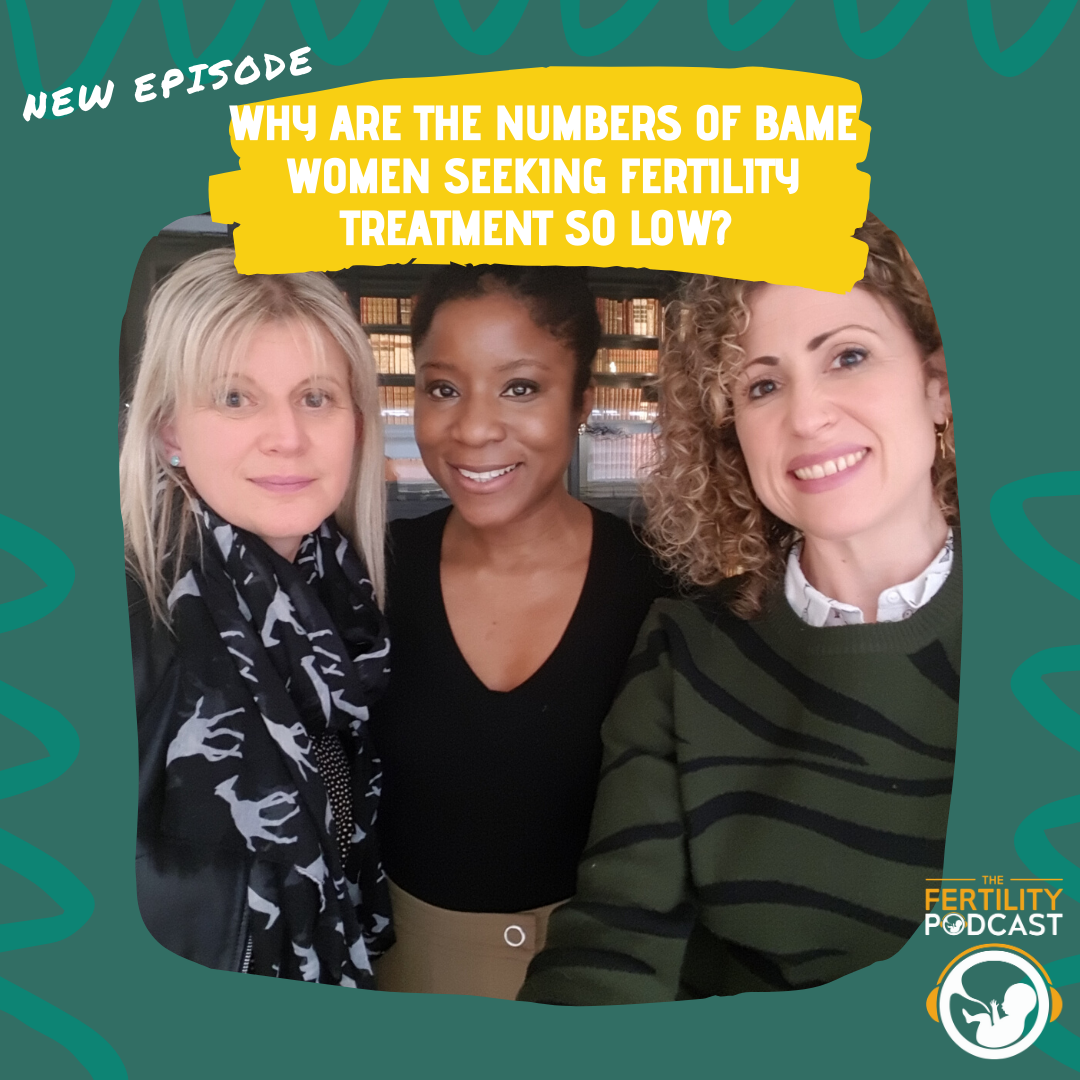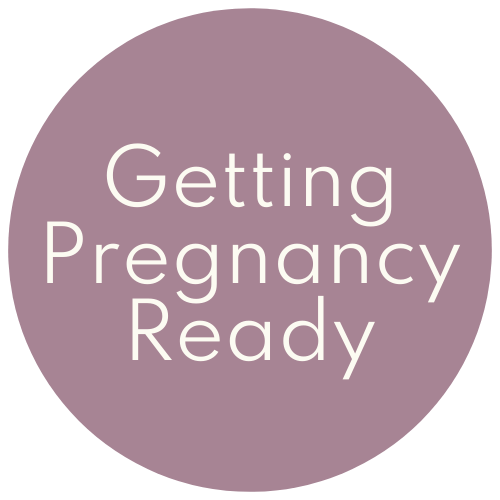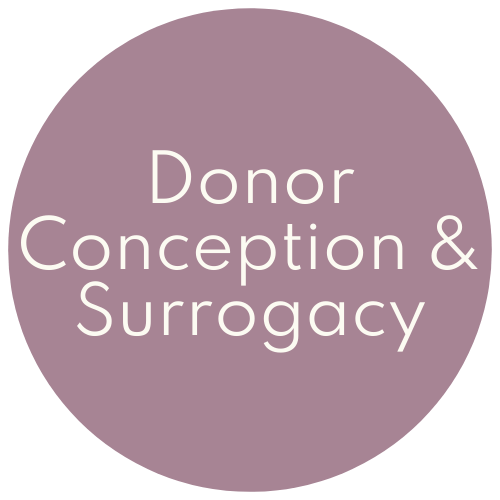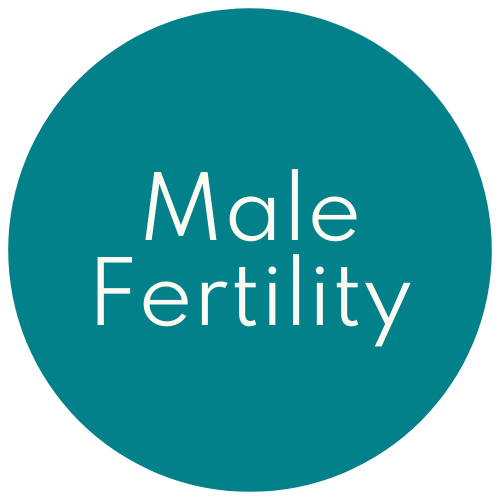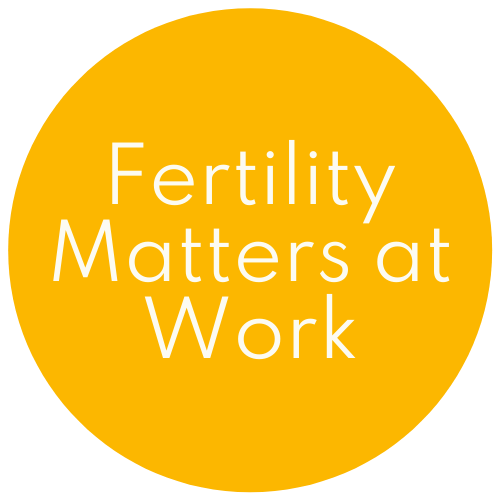Meet Dr Christine Ekechi – Consultant Obstetrician and Gynaecologist at Queen Charlottes Hospital
A few weeks ago, and long before social distancing, we met up with the lovely Christine Ekechi in very busy (and noisy!) British Library. Christine is an early pregnancy specialist but is also an advocate for women’s health and is particularly interested in on the ethnic disparity of health outcomes among Black and Asian women in the UK.
Taboos and Barriers
Christine talks about the taboos surrounding infertility for the BAME community and the conflict they face when unable to conceive.
Christine explains why the numbers of BAME women seeking fertility treatments are so low. She tells us that lack of awareness, stigma, religious issues and lower-income are all barriers for asking for help and seeking treatment. Christine also highlights the impact of co-existing conditions that may be more prevalent in the BAME community such as fibroids and how this affects infertility.
Empowering women
Christine is passionate about educating women to arm them with the knowledge their need to advocate for themselves. Historically the imagery used to illustrate fertility and infertility uses white heterosexual couples, not reflecting women from the BAME community. Subconsciously these women are taking on the messages that these issues don’t apply to them, affect them or that treatments are available for them.
Fibroids
A fibroid is a benign growth in the uterus and can in some circumstances impact on fertility. Fibroids are particularly prevalent in Black women and maybe genetic however there are still gaps in our understanding of this condition. Kate makes reference to a recent study on how Vitamin D may help to reduce the size of fibroids.
Endometriosis
Endometriosis is an unrecognised issue for BAME women. It is traditionally known as a disease for white women, in the same way, that fibroids are more known to impact black women. Christine talks about some interesting research that shows that endometriosis affects BAME women more than initially thought and it is important to break down the stereotypical ideas we may have to avoid delays in diagnosis.
Fertility outcomes and Ethnic disparity
Black women are 5 times more likely to die while pregnant than white women and Asian women are twice as likely to die. Black women are less likely to have positive outcomes, particularly when considering live birth rate. Research needs to include all women from a variety of cultural backgrounds and more women from the BAME community in positions of influence.
SOCIAL MEDIA

